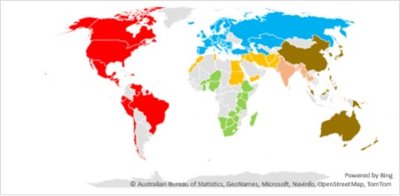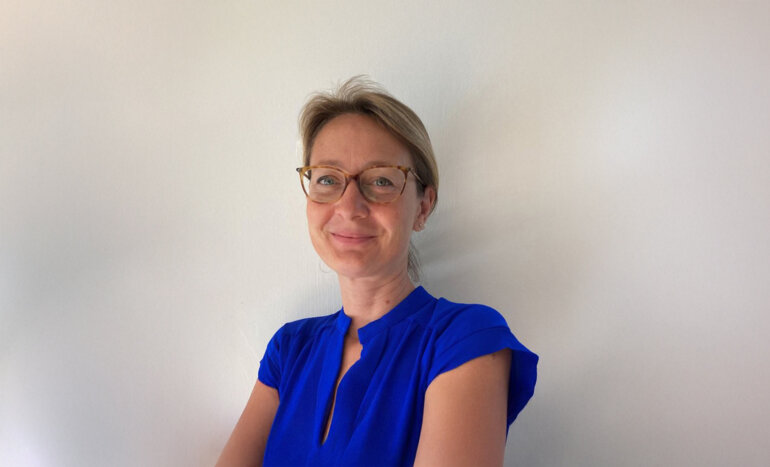The availability and affordability of a broad range of prescription cancer medicines have been analysed
Availability and affordability of high-value, quality cancer medicines is a prerequisite for effective cancer control in the context of the United Nation’s (UN) 2030 Universal Health Coverage goals and impact-oriented cancer planning. However, discrepancies between the high-income countries and those that are resource-constrained undermine the aim of Cancer Care for All.
Preliminary data of an ESMO-led international survey mapping the variation of the out-of-pocket costs and availability of cancer medicines across 106 countries from all regions and income levels of the world, for the period 2021-2022, indicate that the global inequalities in access are yet to be solved.
The ESMO International Consortium Study on the availability, out-of-pocket costs, and accessibility of antineoplastic medicines 2.0 analysed the availability and affordability of a broad range of prescription cancer medicines, including medicines deemed ‘essential’ by the World Health Organization (WHO) and listed in their Model List of Essential Medicines List (EML). The study collected reports from practicing oncologists and pharmacists working in the field and included survey questions on a set of newer medicines, mostly targeted agents and immunotherapy medicines, with high clinical benefit, based on the scores they received from the ESMO-Magnitude of Clinical Benefit Scale (ESMO-MCBS).
A preliminary report presented at ESMO Congress 2022 shows that in many low- and middle-income countries access to WHO essential medicines, including traditional chemotherapy agents at the backbone of every cancer protocol, is very limited, with substantial out-of-pocket expenditure for patients. Furthermore, essential medicines are not always available, and intermittent shortages, or inconsistent procurement, further limit access to cancer treatments.
The study also captured changes in the availability of medicines during the COVID-19 pandemic. Whereas for many high-income countries the availability of cancer treatments was not substantially or continuously altered, in many low- and middle-income countries COVID-19 disrupted availability of cancer medicines, especially of WHO essential medicines.
According to the project co-lead, analyst and Chair of the ESMO-MCBS Working Group Prof. Nathan Cherny “the study has produced a unique and highly valuable data set as the result of a major international collaborative effort that has been led by ESMO”.
Elisabeth de Vries, co-project leader states that this is a “global study framed within ESMO’s commitment and 2025 Vision to enhance ‘Accessible and Sustainable Cancer Care’, and to support the implementation of the 2017 WHO Cancer Resolution mandate, and the United Nations’ 2030 Sustainable Development Goals to achieve Universal Health Coverage.”
The ESMO 2.0 study updates ESMO’s previous European and International studies of 2016 and 2017 respectively, providing a snapshot of the current global scenario, helping identify challenges and shortcomings to drive public health policies in the context of high-impact national cancer control planning. Unfortunately, a comparison between these updated findings with those from previous surveys, confirms that the state-of-the-art of global inequalities has remained substantial over the last five years.
For Prof. Cherny “the provision of affordable cancer care in resource-constrained countries remains a major global health challenge that needs a better response than what we have seen to date”, while Prof De Vries highlights that “ESMO’s global policy initiatives aim to deliver data to support action plans to decrease inequalities in access to cancer care and improve patients’ outcomes worldwide through the prioritisation of high-value cancer interventions.”
The study’s preliminary results will be soon posted online on the ESMO website, by country, in an anonymous format, for peer review through a public consultation process. Feedback is highly awaited, to consolidate the results of this study before publication of the data.
Don’t miss:
The Universal Health Coverage (UHC) dilemma: Can we afford to pay for what we want? ESMO Congress 2022.
Educational session, 10.09.2022, 08:30 - 10:00, Marseille Auditorium








